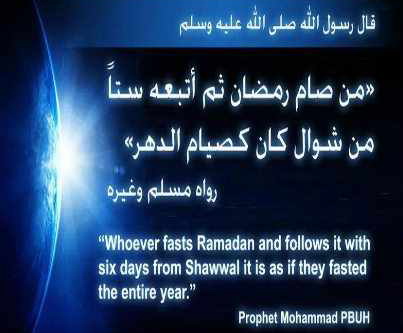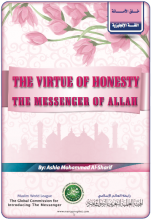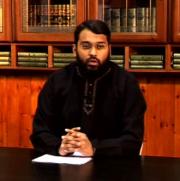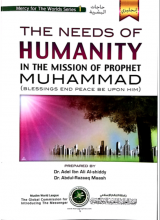The Prophet of Mercy Website
Muslim World League - Global Commission for Introducing the Messenger
“What MUHAMMAD r Said About . .”
By Yusuf Estes, Former Christian Preacher .
Muhammad r, taught many important principles and morals, and even set forth rules for combat, setting the precedent and still exceeding the rules of war set forth by the Geneva Convention.
Consider the following:
All innocent life was sacred and as such none could be harmed, except those who were engaged against them in active combat. Saving one life was as if one had saved the entire world, while taking an innocent life was as if one had taken the lives of the entire world.
There was to be no genocide of any tribes even though some had committed genocide against some Muslims. He r offered mutual protection and forgiveness to all even after certain people broke their covenants with him many times. He did not allow them to be attacked until it was clearly proven that they were traitors during time of war and tried to bring down the Prophet r, and the Muslims at any cost. Retaliation was only to those Jews who had committed treason and not others.
Servants were common in those days for all nations and tribes. It was Islam that encouraged freeing of the servants and the great reward from Allah for those who did so. Prophet r gave the example of this by freeing servants and encouraging all of his followers to do the same. Examples include his own servant (who was actually considered like a son to him) Zaid ibn Al-Harithah and Bilal y the servant who was bought by Abu Bakr t only for the purpose of freeing him.
While there were many attempts of assassination made on Muhammad r, (most famous was the night that Ali t took his place in bed while he r and Abu Bakr t escaped to Madinah), he r did not allow his companions to slaughter any of those who had been involved in these attempts. Proof for this is when they entered Makkah triumphantly and his first words were to command his followers not to harm such and such tribes and so and so families. This was one of the most famous of his acts of forgiveness and humbleness.
Military combat was forbidden for the first thirteen years of Prophethood. The desert Arabs did not need anyone to tell them how to fight or do combat. They were experts in this area and held feuds amongst tribes that lasted for decades. It was not until the proper method of warfare was instituted by Allah in the Qur'an, with proper rights and limitations according His Commandments, that any retaliation or combat was sanctioned. Orders from Allah made it clear who was to be attacked, how and when and to what extent fighting could take place.
Destruction of infrastructures is absolutely forbidden except when it is ordained by Allah in certain instances and then only according to His Commands.
Another example of the Prophet’s mercy is the famous incident that took place during his journey to At-Taif where the leaders would not even hear him out nor offer so much as the normal courtesy called for and instead they set the children of the street against him, throwing rocks and stones at him until his body was bleeding so much, blood filled his sandals. He was offered revenge by the angel Gabriel, if he would give the command, Allah would cause the surrounding mountains to fall down upon them destroying them all. Instead of cursing them or asking for their destruction, he prayed for them to be guided to worship their Lord alone, without any partners.
******








